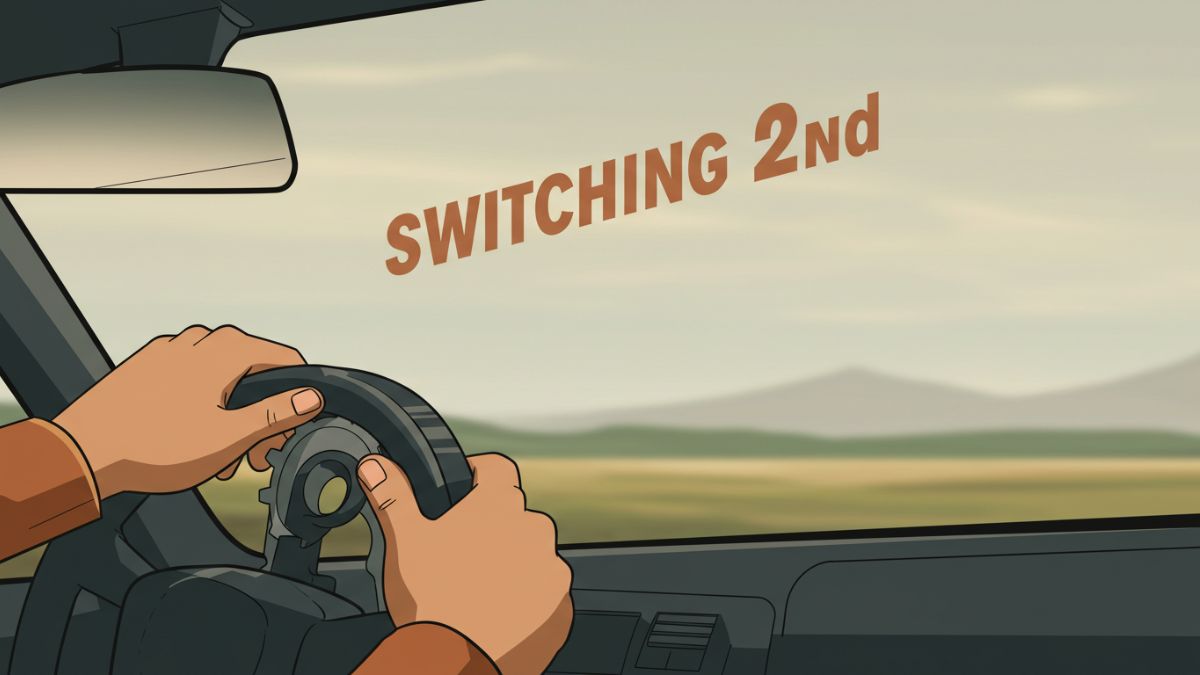As society becomes more inclusive and diverse, understanding these new forms of expression is essential. The rise of exotic pronouns invites us into a deeper conversation about gender identity and personal affirmation. This blog will take you on an enlightening journey through the world of exotic pronouns—what they are, why they matter, and how they’re reshaping language in modern times. Get ready to explore this fascinating linguistic evolution!
The Rise of Exotic Pronouns
The landscape of language is shifting, and exotic pronouns are at the forefront of this evolution. As society becomes more aware of gender identity, traditional binary pronouns simply don’t capture the full spectrum.
Many individuals now embrace unique pronouns that reflect their identities. This includes options like “ze,” “xe,” or even creative variations tailored to personal preference. The rise in awareness has spurred conversations about respect and inclusion in everyday interactions.
Social media plays a crucial role in this movement. Platforms amplify voices advocating for diverse identities, making exotic pronouns more visible than ever before.
With this visibility comes a push for normalization—encouraging people to use these new forms comfortably and confidently. They signify not just individuality but also an essential part of modern communication that seeks to honor everyone’s experience authentically.
Understanding the Spectrum: Different Types of Pronouns
Pronouns are vital building blocks in communication. They replace nouns, making our sentences smoother and more fluid. However, the traditional “he” and “she” labels don’t encompass everyone’s identity.
Exotic pronouns expand this landscape. They include terms like “ze,” “ey,” or even custom creations that individuals may prefer. These choices reflect a growing recognition of diverse gender identities.
Notably, neopronouns have gained traction among those seeking to express their unique selves. Such pronouns encourage an inclusive environment where everyone’s identity can be respected.
Some people might still feel uncomfortable with these changes. Education around exotic pronouns is crucial for fostering understanding and acceptance in society.
Adapting language is part of cultural evolution. As we navigate this spectrum, recognizing the importance of using someone’s chosen pronoun becomes essential for respect and connection.
How Exotic Pronouns are Used in Modern Language
Exotic pronouns have carved out a vital space in modern language. They serve as essential tools for self-identification and expression.
In everyday conversation, people are increasingly sharing their pronouns to foster inclusivity. This simple act opens up dialogues about identity and respect.
Social media platforms amplify this trend. Users often include their preferred pronouns in bios, creating awareness among peers. It fosters an environment where everyone feels acknowledged.
Language plays a significant role in shaping perception. The introduction of exotic pronouns challenges traditional norms, pushing society toward broader acceptance.
Writers and content creators also adopt these new forms to resonate with diverse audiences. Inclusive language enriches narratives and reflects the complexity of human experience.
In professional settings, using correct pronouns enhances workplace culture. Respecting individuals’ choices contributes to greater collaboration and understanding among colleagues.
Challenges and Controversies Surrounding Exotic Pronouns
The rise of exotic pronouns has sparked numerous debates. Many people embrace them as essential tools for self-identification. Others, however, express skepticism or confusion.
Critics argue that the proliferation of pronominal options can create communication barriers. They worry about miscommunication and the added complexity in social interactions. This concern often leads to pushback against those advocating for broader recognition of these pronouns.
On the other hand, supporters highlight their importance in promoting inclusivity and respect for individual identities. They assert that using someone’s preferred pronouns fosters a sense of belonging.
Moreover, some traditionalists feel that language should remain stable and resistant to rapid changes. This perspective can clash with evolving societal norms that prioritize personal expression.
Navigating Pronoun Usage in a Diverse Society
Navigating pronoun usage in a diverse society requires sensitivity and awareness. Every individual has the right to express their identity through language. Understanding this can foster an inclusive environment.
When interacting with others, asking about preferred pronouns is essential. This simple act shows respect and openness. It encourages dialogue and builds connections.
Moreover, using gender-neutral or exotic pronouns when appropriate helps validate those identities. Language evolves, reflecting societal changes; embracing this evolution is crucial for progress.
Mistakes may happen along the way, but it’s important to correct them gracefully without causing discomfort. Listening actively can make all the difference in these conversations.
Creating spaces where everyone feels seen nurtures community strength. Regularly educating ourselves on various identities enhances our ability to support one another effectively. Empathy plays a key role in navigating this complex landscape of personal expression through language.
Conclusion:
The landscape of language is ever-changing. New terms and forms are shaping our communication in profound ways.
Exotic pronouns represent a shift toward inclusivity. They empower individuals to express their identities authentically.
Understanding these nuances fosters respect and empathy within our communities. It encourages meaningful dialogue about identity, gender, and representation.
As we navigate this evolving terrain, staying open-minded is essential. Each person’s choice of pronoun reflects their unique experience and perspective.
Embracing diversity enriches our conversations and connections with one another. Language adapts to mirror society’s growth, reflecting changing norms and values.
FAQ’s
What are exotic pronouns?
Exotic pronouns refer to non-traditional or less common pronoun forms used by individuals who identify outside the binary gender framework. These include terms like “ze,” “hir,” and “they” in singular usage, among others.
Why are people using exotic pronouns?
Individuals use these pronouns as a way to express their identity more accurately. Using an appropriate set of pronouns can affirm a person’s self-concept and promote inclusivity.
How should I ask someone about their preferred pronoun?
A respectful approach is always best. You could introduce yourself with your own name and preferred pronoun, then invite them to share theirs if they feel comfortable doing so.
What should I do if I mistakenly use the wrong pronoun for someone?
If you misgender someone, apologize quickly but sincerely, then correct yourself moving forward. It’s important not to dwell on it; just acknowledge the mistake and continue respecting their chosen form of address.











